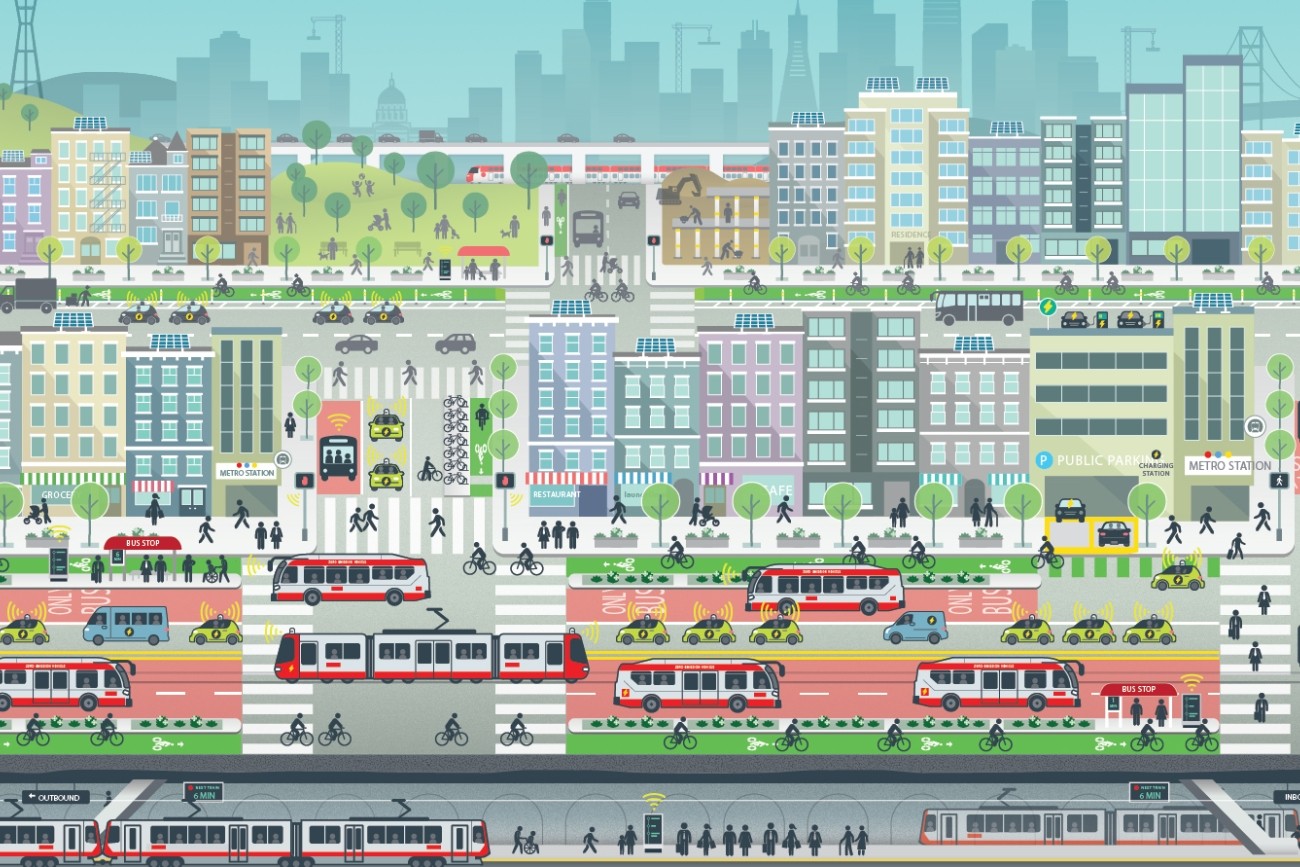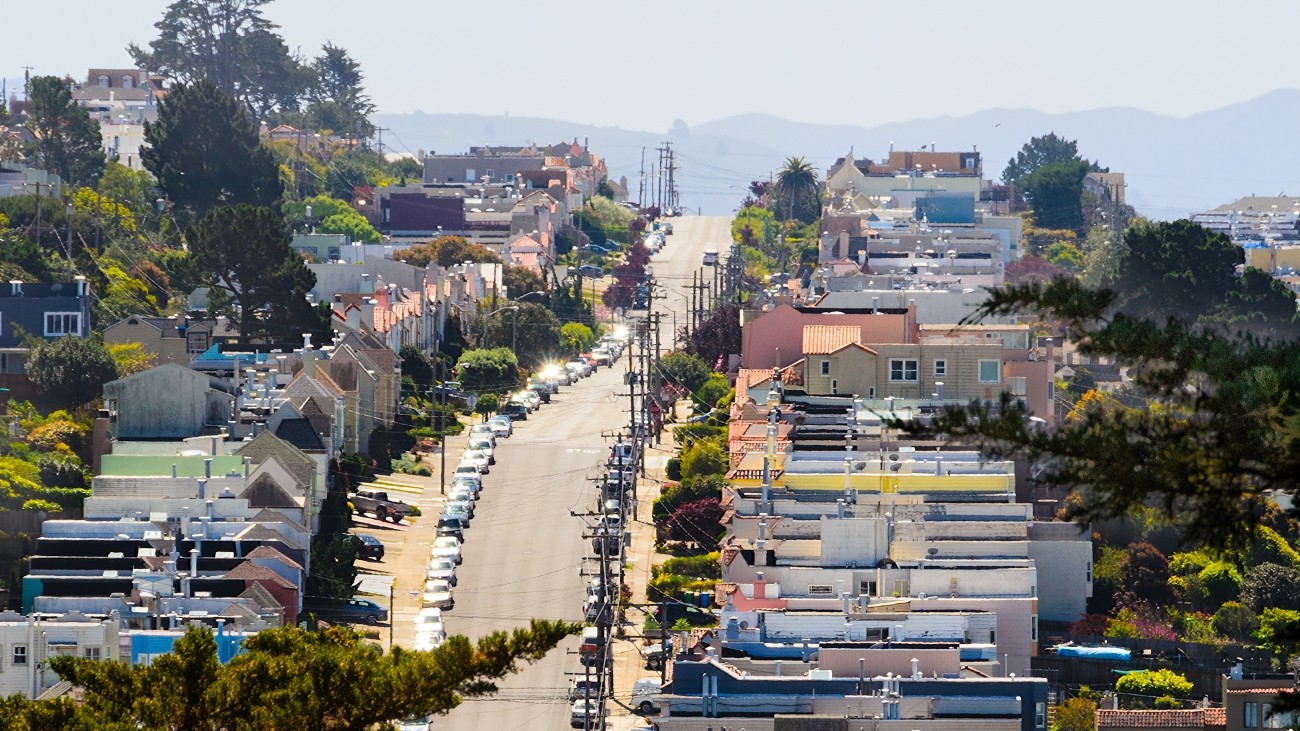
Photo: Ed Brownson, flickr
Introduction
Updated every four years, the San Francisco Transportation Plan is the blueprint for the city's transportation system development and investment over the next 30 years. Through analysis, interagency collaboration, and public engagement, staff evaluate how to prioritize expected and potential new revenues to advance transportation goals of equity, economic vitality, environmental sustainability, safety and livability, and accountability and engagement.
The plan analyzes all transportation options like transit, walking, driving, and biking to set investment priorities and advance the city’s goal to build an effective, equitable, and sustainable transportation system. The SFTP also positions San Francisco projects for federal, state, and regional funds.
See the San Francisco Transportation Plan 2050.
San Francisco Transportation Plan 2050+
We are currently working on a focused update that analyzes key assumptions and inputs that have developed since the SFTP (last approved in 2022), and refines investment strategies and recommendations.
Referred to as “SFTP 2050+,” this update to the SFTP 2050 will inform San Francisco’s advocacy for discretionary (e.g. competitive) transportation funds, as well as for new transportation revenues. The purpose of SFTP+ is to incorporate post-pandemic travel patterns, lowered revenue projections, revised land-use allocation, and refine SFTP investment strategies and recommendations. This update will compile and update major transportation and climate investments for the City and County with a recovery-oriented context. This process will incorporate data and guidance from MTC’s Plan Bay Area 2050+ and Transit 2050+ as well as provide the basis for San Francisco's input to PBA 2050+.
In addition to investment strategies, the SFTP examines policy and programmatic needs to help reach the City’s long-range goals and can make policy recommendations that can be adopted as Transportation Authority policies and/or recommended for adoption by partner entities. We will update policy developments and report on implementation progress of SFTP 2050 and recommendations from ConnectSF Streets and Freeways Strategy and Transit Strategy.
Timeline
-
Fall 2024
Interagency coordination begins and is ongoing throughout the process
-
Spring 2025
Round 1 Outreach
Input needed on Investment and Vision Plan priorities. -
Spring 2026
Round 2 Outreach
-
Summer 2026
Draft Plan
-
Fall 2026
Final Plan
This focused update of SFTP 2050 is driven by changing travel trends and revenue projections that require adjusting our 30-year Investment Plan.
SFTP+ looks out 30 years to prepare San Francisco’s transportation system for how people may live and travel in the future. The plan utilizes updated data on jobs, housing, and travel patterns to guide smart investments that support growth, safety, and climate goals.
San Francisco’s population dipped after the pandemic, but long-term forecasts still project strong job and housing growth. This city has always bounced back after downturns like the Great Recession and dot-com bust. Planning now ensures our system is ready when growth returns.
Our Goals
The SFTP+ continues to work toward the goals set in SFTP 2050, derived from a citywide visioning process. These goals form the basis for our transportation planning, serving as guideposts for evaluating policies and projects for transportation in San Francisco.
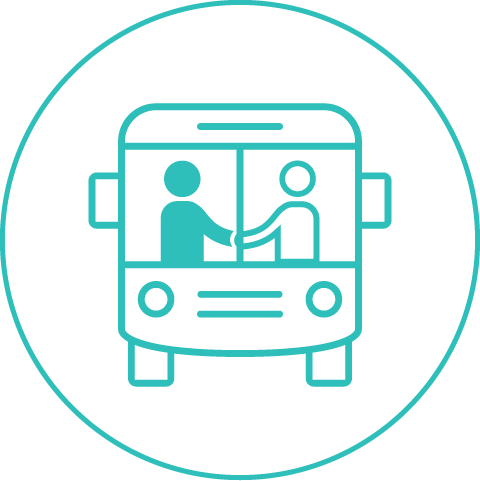
Equity
San Francisco is an inclusive, diverse, and equitable city that offers high-quality, affordable access to desired goods, services, activities, and destinations.
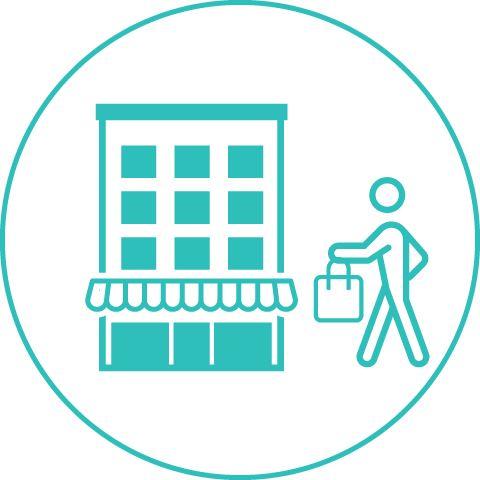
Economic Vitality
To support a thriving economy, people and businesses easily access key destinations for jobs and commerce in established and growing neighborhoods both within San Francisco and the region.
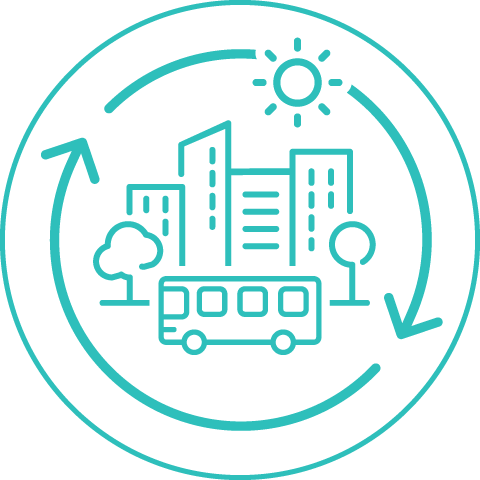
Environmental Sustainability
The transportation and land use system support a healthy, resilient environment and sustainable choices for future generations.
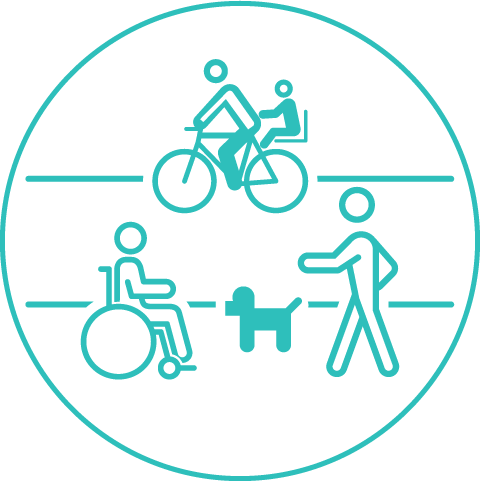
Safety and Livability
People have attractive and safe travel options that improve public health, support livable neighborhoods, and address the needs of all users.
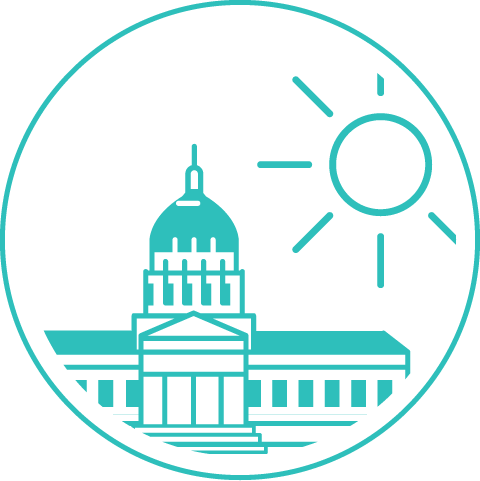
Accountability and Engagement
San Francisco agencies, the broader community, and elected officials work together to understand the City’s transportation needs and deliver projects, programs, and services in a clear, concise, and timely fashion.
Travel Trends
This bar graph illustrates some key changes in travel trends between 2019 and 2023.
- San Francisco and the Bay Area saw a 41% decrease in travel, to/from/within San Francisco and around the region.
- While there were fewer drive-alone trips, those trips became a larger share of all trips.
- The share of trips made on transit decreased.
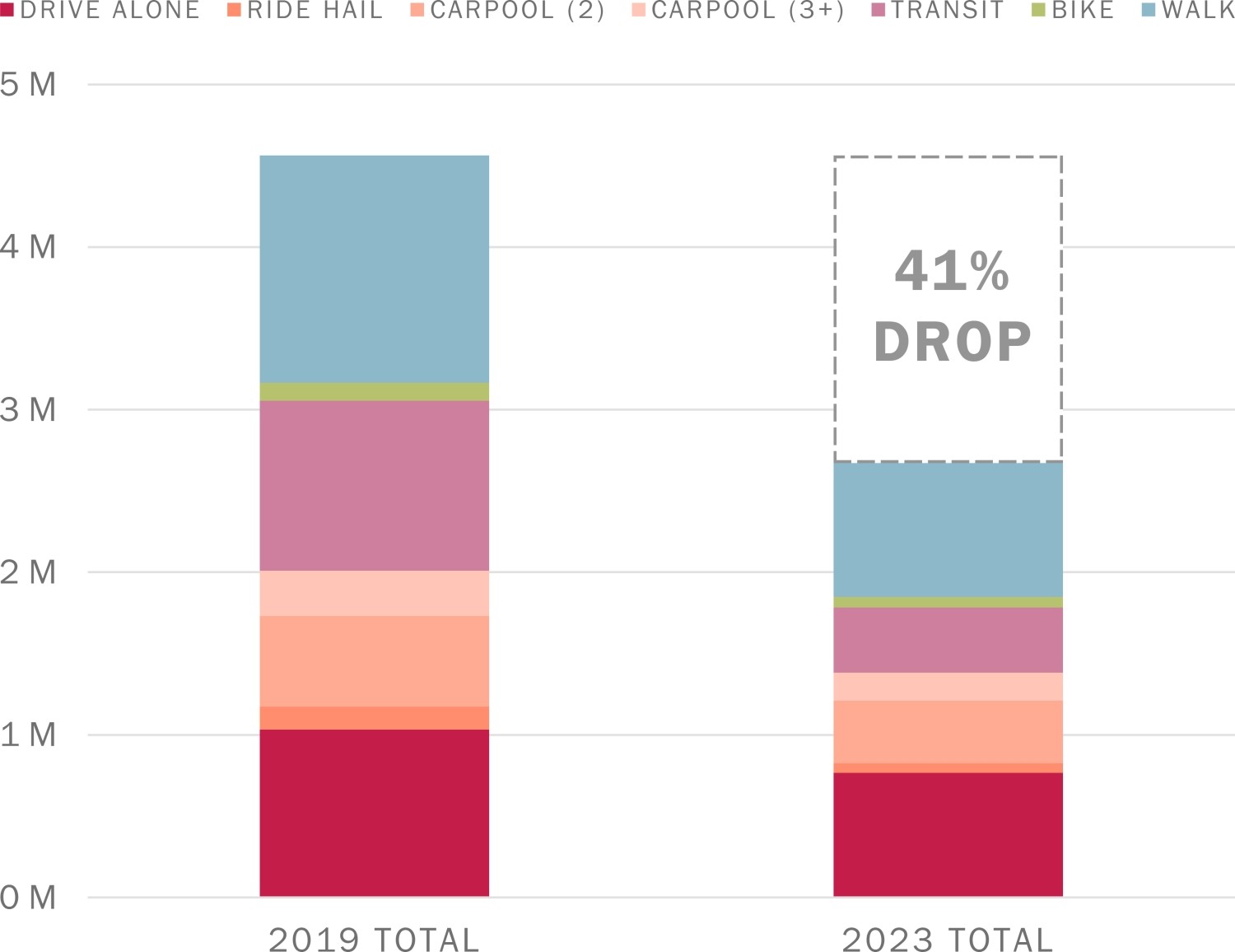
Source: MTC / SFCTA / SCVTA Travel Survey, 2019 and 2023
While there is lower transit ridership in general, people are taking transit for a variety of purposes.
Journeys by Transit

Source: MTC / SFCTA / SCVTA Travel Survey, 2019 and 2023
Average daily journeys to/from/within SF by Bay Area residents (excludes goods delivery, commercial, freight, visitor travel)
*Journeys start and end at home and include multiple stops
Lower Revenues
We are expecting revenues over the next 30 years to be lower by approximately 12%.
- Federal, State, and Regional funding is projected to remain at similar levels.
- We expect Local revenues to decrease.
- We assume an increase in New and Anticipated sources, consistent with regional projections.
Projected Revenues
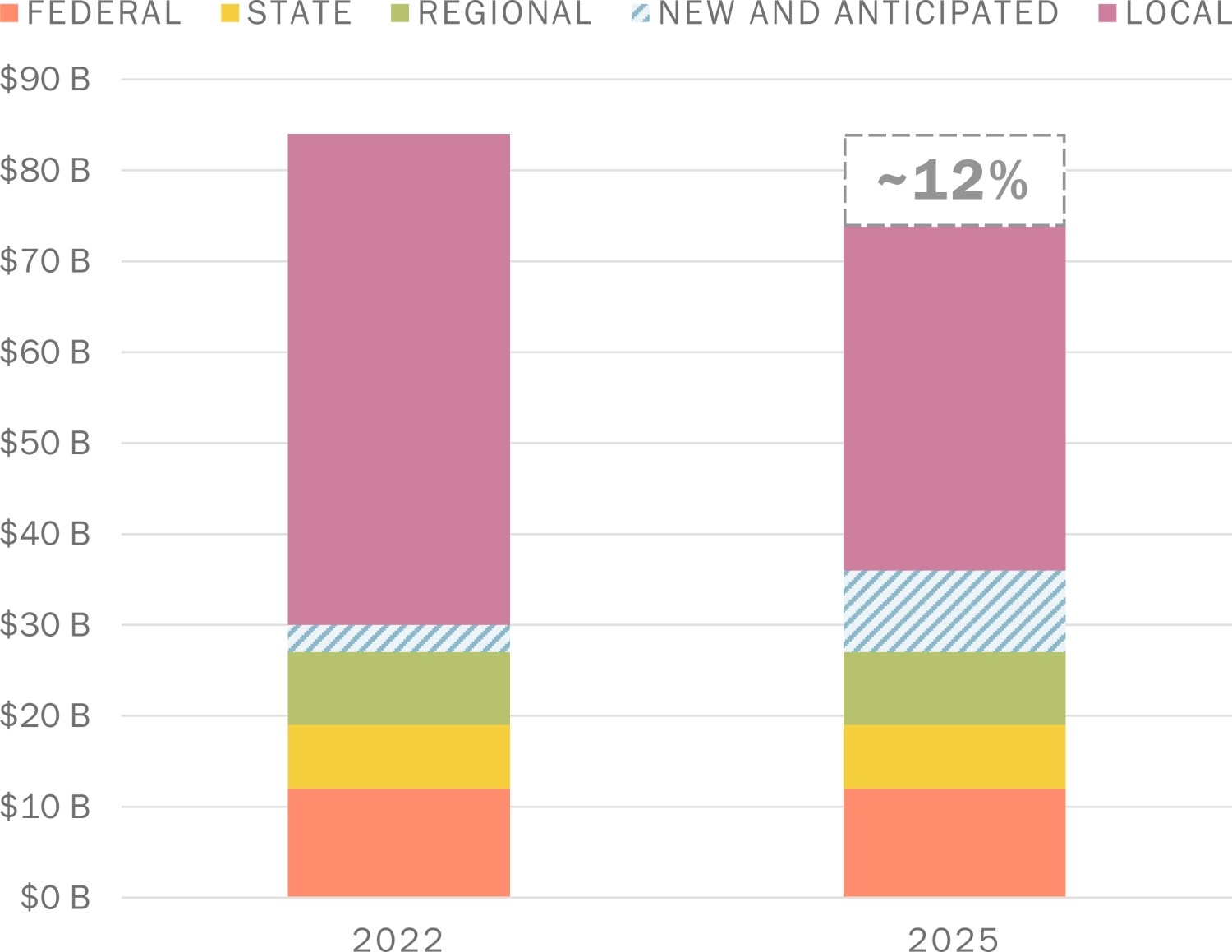
2020 dollars
Past Events
In Summer 2025 we conducted our first round of public outreach to collect community feedback and comments on priorities for transportation citywide.
Online survey (closed July 21)
Multilingual presentations used at our town halls:
- English Outreach Presentation (PDF)
- Chinese (中文) Outreach Presentation (PDF)
- Spanish (Español) Outreach Presentation (PDF)
- Filipino (Tagalog) Outreach Presentation (PDF)
We held two Town Halls in early June 2025 to explain the SFTP+ and discuss it with the public. The same content was presented at both Town Halls.
Town Hall #1:
Date: Wednesday, June 4
Time: 6 to 7:30 p.m.
Watch a recording of Town Hall #1 with audio interpretation: Cantonese (粵語) | Spanish (Español) | Filipino (Tagalog)
Town Hall #2:
Date: Saturday, June 7
Time: 10 to 11:30 a.m.
Watch a recording of Town Hall #2 with audio interpretation: Cantonese (粵語) | Spanish (Español) | Filipino (Tagalog)
May 20, 2025 Transportation Authority Board
May 20, 2025 Transportation Authority Board Presentation (PDF)
December 6, 2022 Transportation Authority Board
December 6, 2022 Transportation Authority Board Presentation (PDF)
Previous San Francisco Transportation Plan Documents
San Francisco Transportation Plan 2050 (released 2022)
The SFTP includes:
- An Investment Plan to guide the allocation of $80 billion in existing and anticipated transportation revenues through 2050
- A Vision Plan to guide the allocation of an additional $15 billion potential new transportation revenues through 2050
- Policy initiatives to complement the Investment Plan and Vision Plan
- Guidance for implementation and monitoring
San Francisco Transportation Plan 2050 (PDF)
Appendix A SFTP 2050 Investment Plan Development Process (PDF)
Appendix B Revenue Assumptions Table (PDF)
Appendix C SF-CHAMP Analysis Methodology Memo (PDF)
Appendix D Equity Evaluation (PDF)
Appendix E Public Outreach Summary (PDF)
Appendix F Streets and Freeways Survey Safety Preferences Findings (PDF)
San Francisco Transportation Plan 2040 Update (released 2017)
The 2017 minor update builds off the plan passed in 2013. The 2017 update:
- Reaffirms the 2013 plan’s goals, investment, and supporting policy recommendations
- Includes a progress report on projects, policies, and planning studies
- Revises transportation funding revenue forecasts, updates project costs, and reassesses projects previously identified for funding
- Includes an overview of existing and future conditions—such as population and employment growth, traffic congestion, and affordability trends that impact San Francisco’s transportation system
- Identifies new planning efforts and policy papers that are underway or anticipated to begin soon that will focus on key issues facing San Francisco.
These analyses guided advocacy in the update to Plan Bay Area 2040, the Metropolitan Transportation Commission’s federally and state-mandated regional planning effort.
2017 San Francisco Transportation Plan Update (PDF)
San Francisco Transportation Plan 2040 (released 2013)
The 2013 San Francisco Transportation Plan articulated two transportation investment scenarios through 2040, identified potential new revenues and established an Early Action Program for the first five years of investments. In addition, the 2013 plan includes policy recommendations and strategic initiatives to complement the investment scenarios as well as in-depth analysis on circulation in the growing core of the city, transportation equity, visitor trips, and project delivery.
San Francisco Transportation Plan 2040 (PDF)
Appendix A Plan Development Process (PDF)
Appendix B Needs Analysis White Paper (PDF)
Appendix C Core Circulation Study (PDF)
Appendix D Revenue Assumptions (PDF)
Appendix E Outreach Summary (PDF)
Appendix F Transportation Equity Analysis (PDF)
Appendix G Summary of SFTP Policy Recommendations (PDF)
Appendix H Small Project Delivery White Paper (PDF)
Appendix I Large Project Delivery White Paper (PDF)
Appendix J Plan Performance Summary (PDF)
Appendix K SF Travel At a Glance (PDF)
Countywide Plan (released 2004)
The first plan, the Countywide Transportation Plan, was adopted by the Transportation Authority Board in July 2004, and established the City's investment strategy and policy initiatives for the sector through a technical and community-based planning process.
2004 Countywide Plan (PDF)
